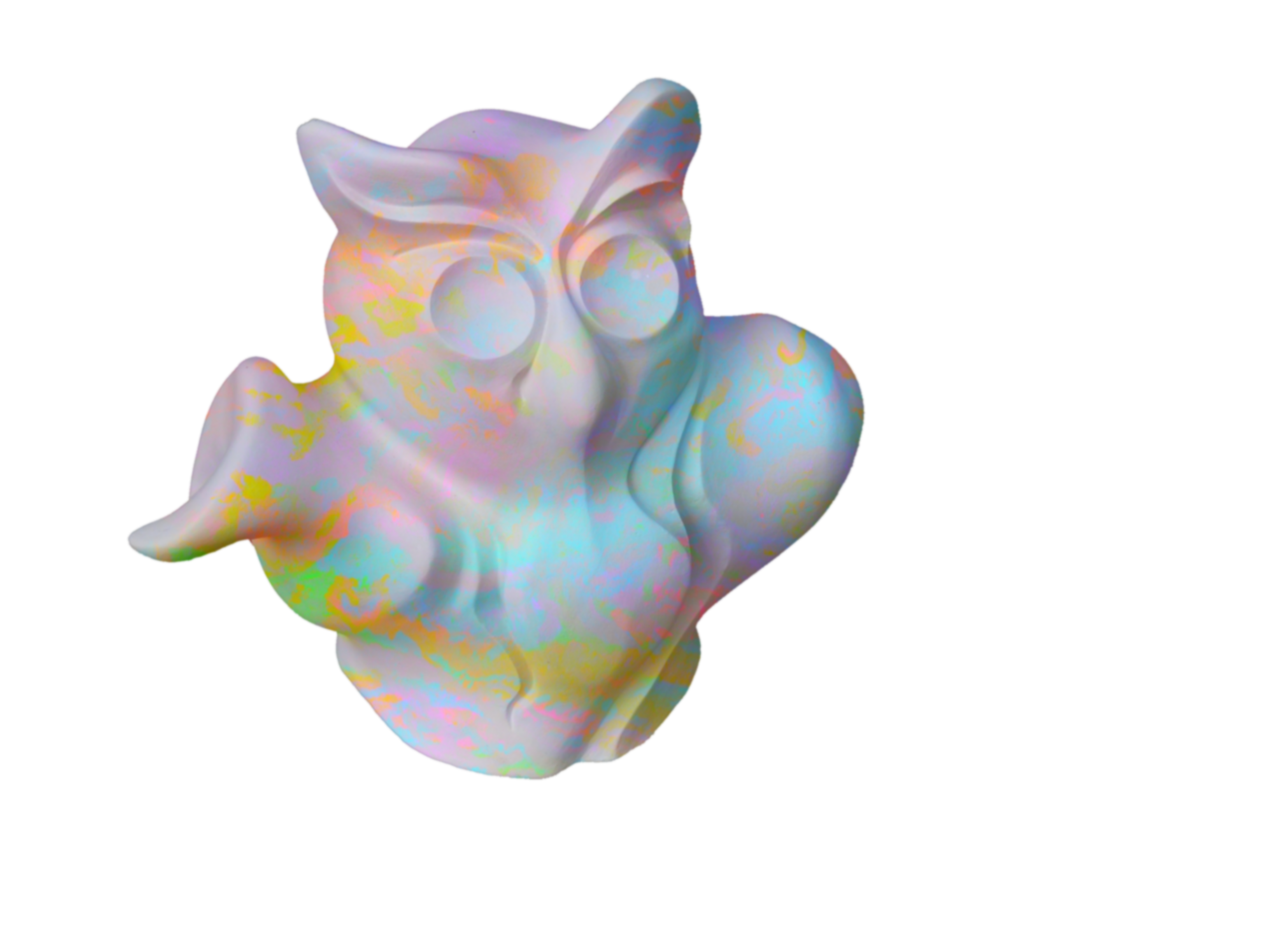As time/space expands, is it stretching or multiplying? We now know that it is accelerating, or at least appears to be but is that relative? If it is stretching, distance stays the same but time speeds up to maintain the the same travel time across the same space which is farther apart relatively respectively… if time/space is multiplying, then however, is it just creating an illusion of acceleration? Since like, there is more time/space there getting bigger but the matter in it is still the same mass, so relative to the mass, it is accelerating but relative to the matter is is decelerating? Acceleration and deceleration create opposite forces of the same energy. Now, time is a singular event intertwined with one object, space, the singularity given spatial motion, a quantum substance that the photon traverses instantly. So each individual particle is moving in an analog direction on a linear path through an infinitesimal singularity expanding at an accelerated rate with infinite connections to other singularities. No singular object can reach a state of absolute motionless or temperature of absolute zero. If space is finite, so as it can’t be compressed beyond a minimum size, then isn’t it likely that it can’t be stretched beyond a maximum size? But time is one event yet there is an infinitesimal amount of it in between its past present and future selves… a connectivity that gives it the illusion of vibrating at a given frequency… so if the Universe is truly accelerating, why is the temperature constant? If entanglement is the result of wormholes, wouldn’t they distort one another as the cross through others’ paths? If acceleration is an illusion, then wouldn’t the existence of dark matter and energy also be an illusion? Couldn’t dark energy and matter simply be the effect of the past plus future on the present, combined with the forces generated by acceleration and deceleration? If there is anti time/space, would it be decelerating instead of accelerating? …would it be infinitesimal if time/space is infinite? If reality is connected to an infinite numbers of other Universes which would make it a part of a whole multiverse, how could it be finite? If the Universe itself is traveling, similar to the Galaxies traveling through the Universe, possibly in an exponential powers of 10 Multiverse, wouldn’t that give matter in the past and future the illusion of having an odd trajectory, similar to the paths of the objects in the solar system being miscalculated due to their assumed relative positions by early astronomers being incorrect? So, as time moves forward, the past expands while the future shrinks, assuming there is an end to time but what if there is no beginning nor end but rather just acceleration and deceleration respectively? © 2017 Mark Alan Holcomb

